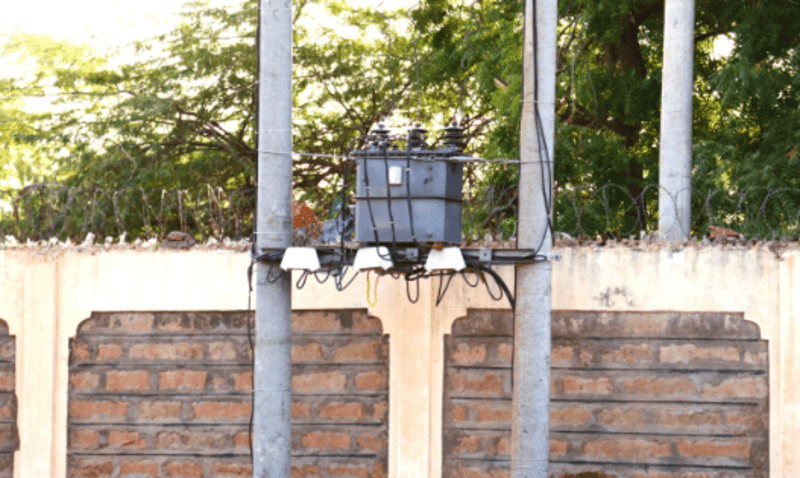Mandera grapples with power outages during Ramadan

With the scorching hot weather in the region, demand for cooling fans, which use electricity, remains high, leaving residents to grapple with harsh temperatures amidst frequent outages.
Residents of Mandera are currently facing a severe electricity crisis during the holy month of Ramadan. Kenya Power in Mandera has initiated plans to supply electricity to villages intermittently as they work to rectify the ongoing power outages plaguing the region.
These outages, attributed to overuse by Kenya Power, have led to significant reductions in available electricity, leaving several villages without power for up to 12 hours daily.
More To Read
- Kenya Power faces critical staff shortages as over 2,700 employees to retire by 2026
- Kenya sets ambitious energy expansion with new national policies and transport financing
- Consumers to get more units for less as electricity tariffs decline
- Auditor General flags Kenya Power for missing 30 per cent tender quota for youth, women, and PWDs
- Kenya’s electricity demand hits all-time high of 2,439 MW, straining power generation capacity
- Mandera County declares severe drought emergency as water sources dry up
This disruption has impacted local business activities in the city. During Ramadan, when many civilians are at home or engaged in worship at mosques, the demand for electricity surges. This heightened demand exacerbates the challenges faced by residents, particularly in a region known for its reliance on electronic devices and equipment.
The issue of inadequate electricity supply is not new to the Northeastern region, with areas like Wajir and Mandera consistently grappling with this infrastructure challenge.
Compounding the situation, March brings scorching temperatures to the Northeastern Region, leading to a spike in electricity usage. This heightened demand, officials say, further strains an already fragile power supply system, underscoring the urgent need for sustainable solutions to the ongoing electricity crisis in Mandera.
Mama Halima Ali, a shop attendant in Mandera Town, narrates how the power outages have been costly to deal with, especially with temperatures reaching up to 39 degrees Celsius. "I have been discarding fruits, packets of milk, vegetables, and meat daily, making it hard to realize any profits," she says.
Ahmed Hussein, a resident, voiced concerns about the impact of climate change on daily life. He emphasized the increasing effects of climate change during this time of year, making it necessary to rely on refrigerated items for everyday needs.
"My customers complain daily about grappling with food shortages, especially perishable goods. We have no choice until we are connected to the national grid. I guess there is a surge in the use of electricity as many people are indoors or in mosques praying during this month of Ramadan," he adds.
Ali Ibrahim Golicha, manager of Kenya Power and Lighting Company (KPLC) in Mandera County, acknowledged the increased demand for cooling equipment like fans and air conditioners during Ramadan. "Due to the high demand, the engines powering the electricity struggle to handle the excess power, leading to overheating issues," Ali added.
In response, KPLC has implemented power rationing measures to manage the situation effectively. Area politicians have been urging the government to consider connecting homes with electricity from the national grid.
With the scorching hot weather in the region, demand for cooling fans, which use electricity, remains high, leaving residents to grapple with harsh temperatures amidst frequent outages.
Top Stories Today











































